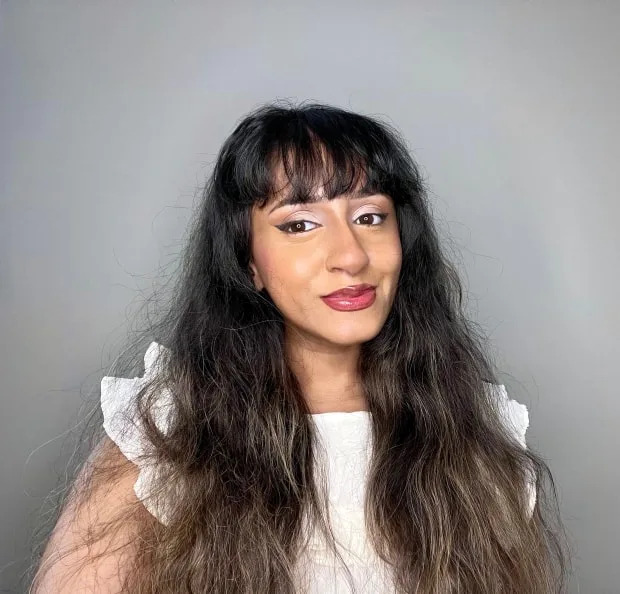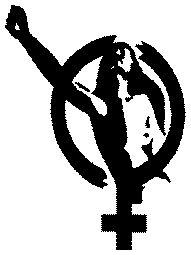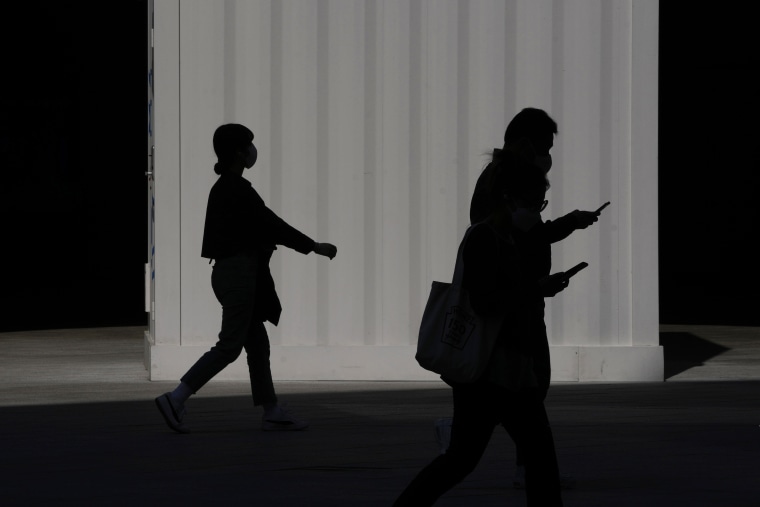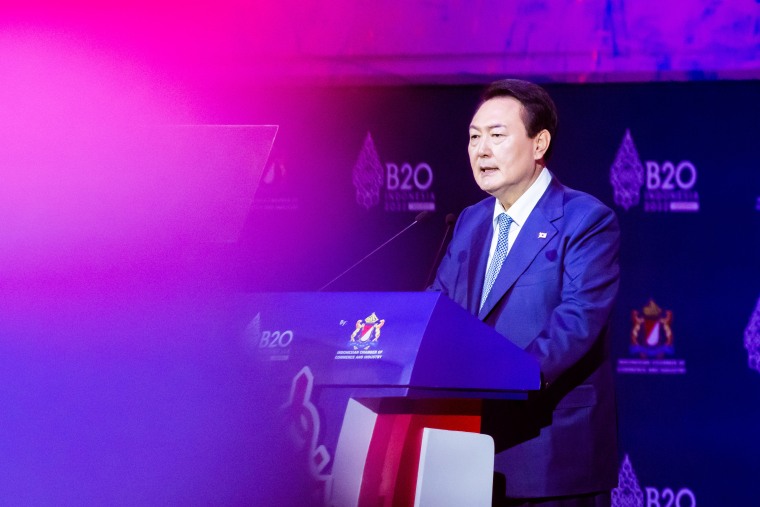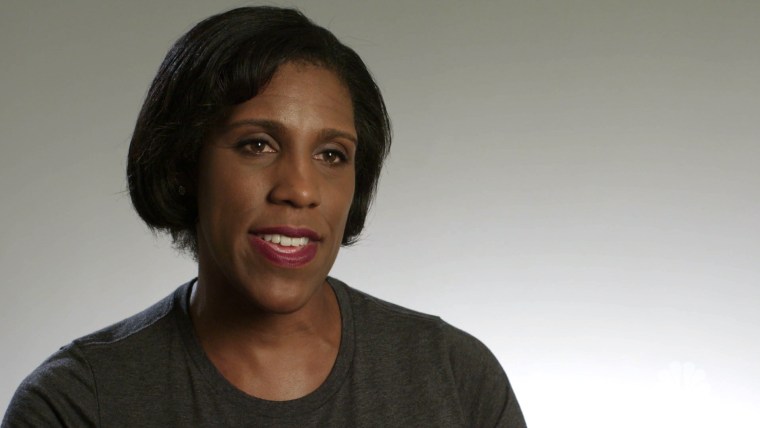FEMINISM often sparks debate. It is hailed by some as a beacon of equality and derided by others as a divisive ideology. It is almost taboo in Pakistan, especially since the Aurat March that began in 2018 raised critical issues of gender equality and faced a fierce backlash. While it was accused of emphasising minor issues and controversial slogans, the division went beyond placards. Rather than uniting people under a common cause, the marches inadvertently widened the gap between many Pakistanis and the feminist movement, highlighting a crucial misunderstanding of what feminism entails.
This piece explores a deeper, research-informed understanding of feminism, that aims to foster a more inclusive dialogue to move towards a more equitable society.
What is feminism?:
Feminism has evolved in various waves:
Contemporary feminism aims to eradicate systemic inequalities that harm everyone.
Feminism: a Western ideal?
Why choose feminism?
Women constitute only about 25pc of the formal workforce (compared to 83pc of men) and hold merely 4.5pc of senior positions. Additionally, they occupy only 20pc of the national parliament seats, underscoring the struggle to meet gender quotas. Even when women participate in the formal economy, they fail to secure equal wages and benefits for the same amount of work. A UNDP report notes that the country’s gender wage gap results in a cumulative wage loss of Rs500 billion, across women’s lifetime earnings. Women undertake four times more unpaid and undervalued care work than men, highlighting the critical need for feminism to address and dismantle the systemic barriers women face.
My research reveals that in Pakistan, access to energy and services is significantly gendered. Rural women often bear compounded burdens of agricultural and household responsibilities without clean energy access, thus causing their health, well-being and climate resilience to be adversely affected. Urban low-income women face similar disparities, balancing income work with household chores, and experiencing limited mobility and socioeconomic opportunities.
Such disparities extend beyond income levels, and are rooted in women’s intersectional identities — including class, religion, education, occupation, and location — and household roles as caregivers, household managers, mothers- and daughters-in-law, income-generators, housemaids, etc, highlighting the need to address such gendered disparities across all social strata. Feminist approaches also reveal how many such disparities result from cultural conservatism, entrenched patriarchy, gender blindness and stereotypes, rather than religion. By exposing and challenging these oppressive systems, feminism seeks to dismantle rigid gender roles, improving the visibility and understanding of gender disparities.
Feminism for all:
At its core, being a feminist means opposing oppression and supporting equitable policies for all individuals to pursue their aspirations free from discrimination and violence. Therefore, if you are an advocate of equal pay for equal work, if you champion every individual’s right to education and development, if you stand against sexual harassment, and if you believe in equal access to safe and inclusive spaces free from intimidation, then you too are a feminist.
The writer is a feminist energy researcher working on the gender-energy-space nexus with a PhD from the University of Cambridge, UK.
X: @rihab_khalid
Published in Dawn, March 22nd, 2024






